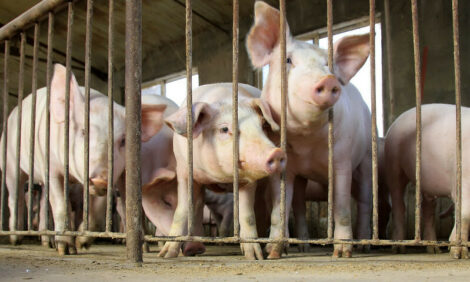EU Office Raises Concerns over CSF Risk in Croatia
CROATIA - Following an inspection by the EU Food and Veterinary Office (FVO), some concerns were raised regarding possible future trade of pigs and pig meat products from Croatia to the EU because of the risk of classical swine fever (CSF).
The latest report concerns the outcome of a mission which the FVO carried out in Croatia from 20 to 24 September 2010 in order to assess the animal health situation regarding classical swine fever (CSF) and disease control measures, with a view to the possible authorisation of imports into the EU of live pigs and certain pig products from Croatia.
The outcome of the mission was that Croatia has a broadly effective animal health control system
in place. This is on account of the veterinary presence on the ground, the relevant EU legislation
transposed in the framework of the 'Acquis Communautaire' transposition for Candidate
Countries, the existence of a complex but operational identification and registration system for
pigs and pig farms as well as for pig movements and the implementation of active and passive
surveillance programmes for CSF.
However, the mission team identified some weaknesses in the
system, such as some inadequate assessment of compliance with biosecurity standards in pig
farms and the existence of small scale pig markets without restrictions to their catchment areas.
In addition, in spite of in depth investigations on the epidemiology and an extensive CSF
surveillance programme, the presence of CSF virus in the wild boar population in some regions
cannot be ruled out completely. In spite of this situation, acknowledged by the 'Competent Authority' (CA) in Croatia, there are no
movement restrictions of domestic pigs from those regions towards the rest of the country.
The report includes recommendations to the CAs addressing areas in which further
improvements are required.
Further Reading
 | - |
You can view the full report and response from the Croatian authorities by clicking here.
|
Further Reading










